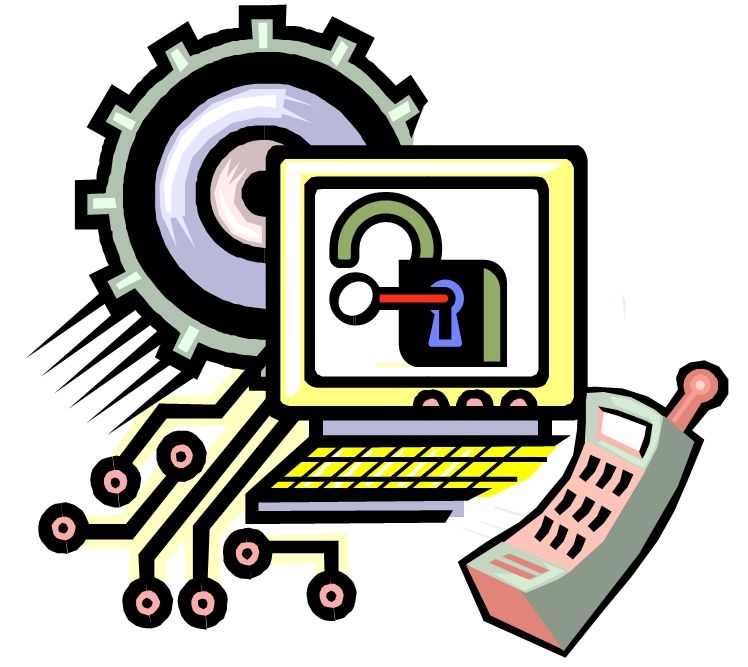 We are, as they say, in the age of the computer. To many, it seems strange to imagine keeping in touch without mobile phones, or looking for information without the internet. With technological advances come many different possibilities for advancement... to save time here, to make more money there. Smart phones are becoming more and more common place, bringing with them a wealth of applications that support a vast range of functions. Technologies are now able to work in a synergy with each other - phones with the internet, mp3 players with maps and satellite navigation, even watches serve as USB data storage systems these days. All these allow for an increased free-flow of information which is crucial to development.
We are, as they say, in the age of the computer. To many, it seems strange to imagine keeping in touch without mobile phones, or looking for information without the internet. With technological advances come many different possibilities for advancement... to save time here, to make more money there. Smart phones are becoming more and more common place, bringing with them a wealth of applications that support a vast range of functions. Technologies are now able to work in a synergy with each other - phones with the internet, mp3 players with maps and satellite navigation, even watches serve as USB data storage systems these days. All these allow for an increased free-flow of information which is crucial to development.Developing countries are often cited as being technologically backward, and (perhaps more often) lagging behind their more developed counterparts. Encouragingly however, increasing numbers of people are realising the benefits of technology and are becoming more and more innovative in its use. Even better, individuals in developing countries are adapting this technology and making it work to solve their specific problems and address their needs.
The question about technology is not whether or not it brings benefits - because for the most part, those are clear for all to see. To some, technology is simply a means by which to make life easier. To others, it has become an absolute necessity. Can we then say that technology is absolutely necessary for development? In cases such as areas of rural Zambia were the internet is allegedly more accessible than clean water, you have to wonder whether priorities have been set correctly, if at all.
This is not to say that these targets should be made at the expense of technological advancement. In some areas, mobile phone technology is being used to save lives, and to say advances in technology should be scrapped in favour of other 'more important' issues would be foolhardy. Where then, do we draw the line?
Some would say there is no need for such a line to exist. If, for example, there is a way of using one to achieve progress in another, that would optimise benefit for all concerned. An example of such a case can be found with Zack Matere, a Kenyan potato farmer - and from what it sounds - a would-be entrepreneur and philanthropist as well.
The 50 Kenyan shillings (about 66 US cents) he spends a day accessing information on the internet each day proves to be too expensive (or as some might say, frivolous) for the majority of people in his local community. Recognising the benefits and potential for advancement that can be gained by the wealth of information online, Zack plans to post useful information (on agriculture, health and education) on his local information boards.
"The internet is quite an individual pursuit. But a noticeboard is more of a group thing", he explained to the BBC. "So if I post an item on a noticeboard on potato disease, for example, the community can read it, talk together and come to a decision."
You can read more about Zack's story here. It is this kind of innovative thought that can propel development in rural and even urban areas, even if this can only initially be achieved by taking baby steps.

No comments:
Post a Comment